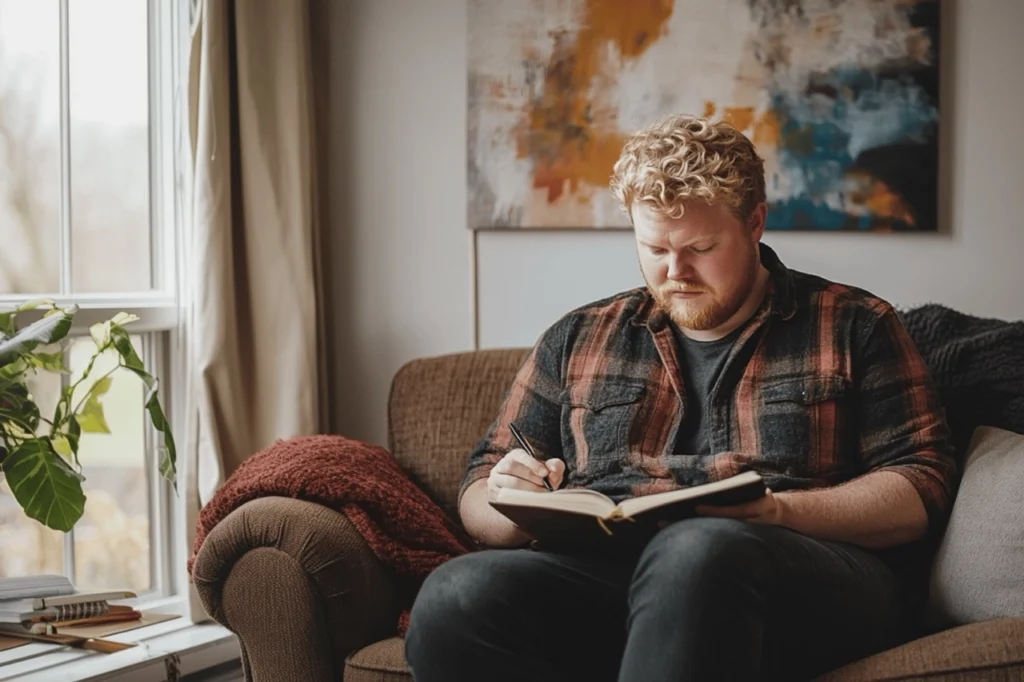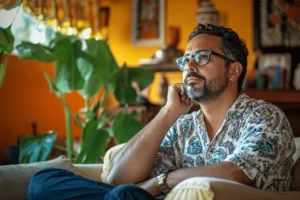Obsessive Compulsive Disorder: Breaking Free From Mental Loops
Find freedom from intrusive thoughts and compulsive behaviors.
What OCD Looks Like
Obsessive Compulsive Disorder traps you in cycles of unwanted thoughts and repetitive behaviors. Your mind gets stuck on disturbing ideas you’d never act on – yet they feel so real you can’t dismiss them. These thoughts create intense anxiety that only seems manageable through specific routines or mental rituals.
You might check things repeatedly, count in specific patterns, or arrange objects until they feel “just right.” Perhaps your compulsions are less visible – mentally reviewing conversations, silently repeating phrases, or seeking constant reassurance. These behaviors provide temporary relief but ultimately strengthen the cycle.
Despite recognizing these patterns as excessive, you can’t simply stop. The anxiety feels unbearable without performing the ritual “correctly.” Daily activities take longer as compulsions demand more time. Relationships strain as others struggle to understand why you can’t “just relax.”
Recovery is absolutely possible. With effective treatment, many people with OCD significantly reduce symptoms and reclaim their time, mental energy, and freedom. The thoughts that once controlled your day can become background noise you’re able to acknowledge without responding to.
OCD Treatment Approach
I integrate multiple evidence-based approaches specifically effective for OCD. Exposure and Response Prevention (ERP) forms the cornerstone of treatment, helping you face feared situations while learning to tolerate anxiety without resorting to compulsions.
As a certified CBT therapist, I use Cognitive Behavioral Therapy to address the distorted beliefs that fuel obsessions, such as inflated responsibility or the fusion of thoughts with actions. You’ll learn to recognize these thinking patterns and develop more accurate ways to interpret intrusive thoughts.
For clients whose OCD connects to broader emotional regulation challenges, I incorporate Dialectical Behavior Therapy (DBT) skills to help manage the intense feelings that drive compulsive behaviors. These practical techniques build distress tolerance and mindfulness – essential skills for breaking OCD cycles.
When trauma underlies OCD symptoms, my training in Prolonged Exposure therapy provides a structured approach to process these experiences safely while reducing their power to trigger obsessive-compulsive patterns.
My approach acknowledges how OCD manifests differently across cultures. For some clients, religious or cultural beliefs become entangled with OCD symptoms, requiring sensitive treatment that respects your values while addressing unhelpful patterns.
Online OCD Therapy in Minnesota & California
Through secure virtual sessions, I provide specialized OCD treatment for clients throughout Minnesota and California. My bilingual practice offers these services in both English and Spanish, making effective treatment accessible to more communities.
Together, we’ll work to reduce OCD’s influence in your daily life. You’ll learn to recognize intrusive thoughts without giving them undue importance and to face situations that previously triggered anxiety. Step by step, you’ll reclaim control from the disorder that once controlled you.
















